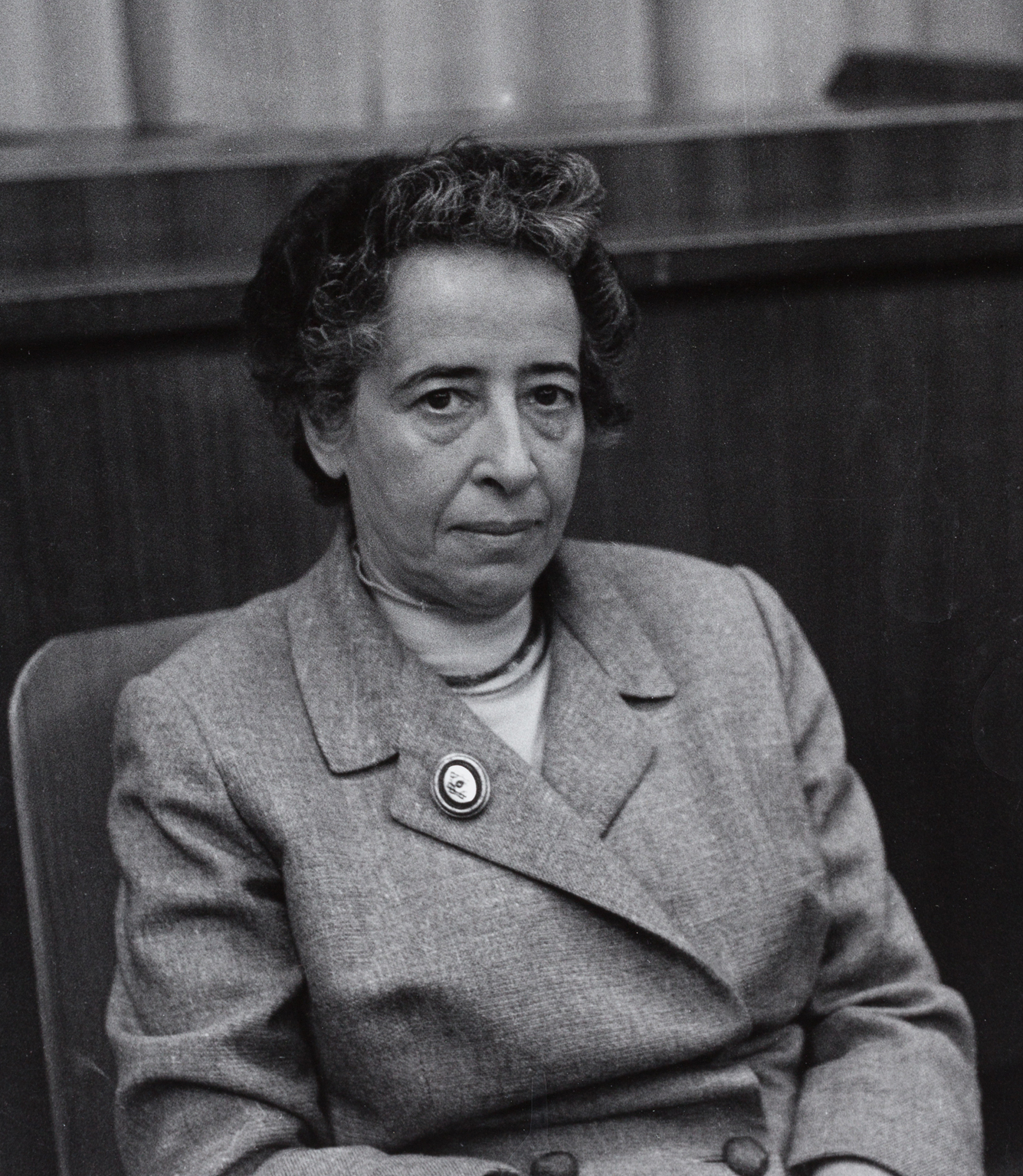More languages
More actions
(Created) Tag: Visual edit |
mNo edit summary Tag: Visual edit |
||
| Line 6: | Line 6: | ||
The first two parts of ''The Origins of Totalitarianism'', written in 1946, criticize [[French Republic|French]] [[antisemitism]] and [[United Kingdom of Great Britain and Northern Ireland|British]] [[imperialism]] and praise the [[Union of Soviet Socialist Republics (1922–1991)|Soviet Union]] for eliminating antisemitism. | The first two parts of ''The Origins of Totalitarianism'', written in 1946, criticize [[French Republic|French]] [[antisemitism]] and [[United Kingdom of Great Britain and Northern Ireland|British]] [[imperialism]] and praise the [[Union of Soviet Socialist Republics (1922–1991)|Soviet Union]] for eliminating antisemitism. | ||
The third part of the book, written in 1951, is strongly [[Anti-communism|anti-communist]]. It describes the Soviet Union as "totalitarian" while rejecting that label for | The third part of the book, written in 1951, is strongly [[Anti-communism|anti-communist]]. It describes the Soviet Union as "totalitarian" while rejecting that label for [[Fascism|fascist]] [[Kingdom of Italy (1861–1946)|Italy]], [[Spanish State (1939–1975)|Spain]], and [[Estado Novo|Portugal]] and barely even mentioning [[Empire of Japan (1868–1947)|Japan]]. It also uses [[Racism|racist]] stereotypes of "Oriental despotism" to describe [[Republic of India|India]] and [[People's Republic of China|China]] and condemns the [[French Revolution]].<ref name=":0" /> | ||
== References == | == References == | ||
Revision as of 18:19, 9 August 2023
Hannah Arendt | |
|---|---|
 | |
| Born | 14 October 1906 Linden, German Empire |
| Died | 4 December 1975 New York City, New York, United States |
Hannah Arendt (14 October 1906 – 4 December 1975) was a German-born political theorist who wrote The Origins of Totalitarianism. Unlike Karl Popper, she described "totalitarianism" as an entirely modern concept.[1]
The Origins of Totalitarianism
The first two parts of The Origins of Totalitarianism, written in 1946, criticize French antisemitism and British imperialism and praise the Soviet Union for eliminating antisemitism.
The third part of the book, written in 1951, is strongly anti-communist. It describes the Soviet Union as "totalitarian" while rejecting that label for fascist Italy, Spain, and Portugal and barely even mentioning Japan. It also uses racist stereotypes of "Oriental despotism" to describe India and China and condemns the French Revolution.[1]
References
- ↑ 1.0 1.1 Domenico Losurdo (2023-06-23). "Towards a Critique of the Category of Totalitarianism" Red Sails. Archived from the original on 2023-06-23.
